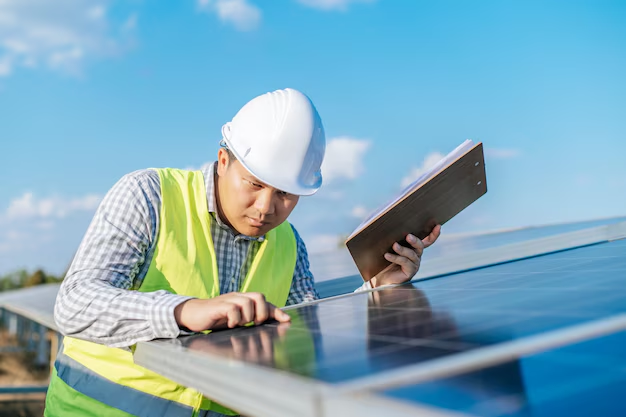How to Become a Solar Panel Installer: Education and Certification Guide
As the demand for renewable energy surges, becoming a solar panel installer is an increasingly attractive career path. This profession not only offers job security but also contributes positively to environmental sustainability. While some may enter the field with just a high school diploma, pursuing formal education and certification opens doors to better opportunities and advancements in the industry. Many aspiring solar panel installers opt for an associate's degree in electrical or renewable energy technology, which provides a solid foundation in the principles and practicalities of solar energy systems. Furthermore, obtaining certifications such as the North American Board of Certified Energy Practitioners (NABCEP) PV Installer Certification can significantly enhance one's credibility and employability in the competitive solar market.
In addition to formal education, aspiring solar panel installers are encouraged to complete on-the-job training or apprenticeship programs. These programs offer hands-on experience and the chance to learn from seasoned professionals in real-world settings. Licensure matters too; certain states require specific licenses or certifications, ensuring that installers adhere to safety and quality standards. Overall, a blend of education, certification, and practical experience is essential for a successful career in solar panel installation.
Relevant Education and Certification Pathways:
- 📚 Associate's Degree in Electrical or Renewable Energy Technology
- 🔧 NABCEP PV Installer Certification
- 🛠️ On-the-Job Training or Apprenticeship Programs
- 📝 State Licenses and Specific Certifications (varies by location)
- 🌍 Related Engineering or Technical Diploma Programs
